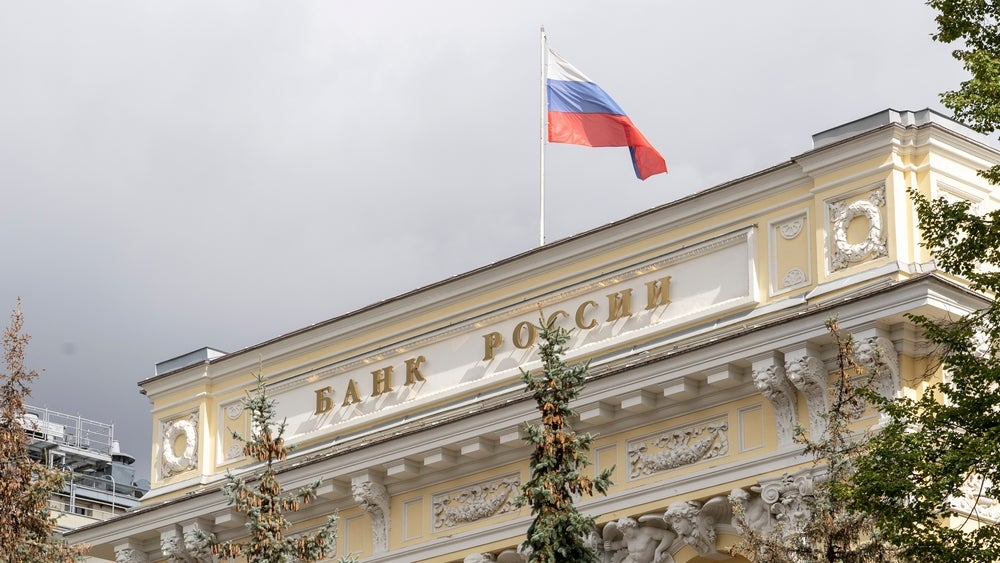Ukrainian arms of
international lessors explain why they are waiting until next year
to grow.
 The new political and financial environment in Ukraine is
The new political and financial environment in Ukraine is
throwing up both opportunities and barriers for lessors. Despite
this, most foreign-owned lessors based in the country expect growth
as early as 2011.
Volvo Financial Services’ Ukraine operation is
a good example of a local company which has gained success since
its launch in 1998 from being able to do cross-border financing
from Sweden to Ukrainian customers. This business has been
supported by a small local operation in Ukraine run by Tanya
Kantor.
This ended, however, at the beginning of this
year when, according to its country manager, Tanya Kantor,
“cross-border financial lease of vehicles [was] suspended in
Ukraine due to legislation changes”.
She explained: “New legislation requiring
registration of the vehicles with the local authorities only in the
lessor’s name has been introduced. This requirement cannot be met
when the lessor is a non-resident company.”
How well do you really know your competitors?
Access the most comprehensive Company Profiles on the market, powered by GlobalData. Save hours of research. Gain competitive edge.

Thank you!
Your download email will arrive shortly
Not ready to buy yet? Download a free sample
We are confident about the unique quality of our Company Profiles. However, we want you to make the most beneficial decision for your business, so we offer a free sample that you can download by submitting the below form
By GlobalDataNotwithstanding this, Kantor is determined to
keep doing business, and maintains a positive outlook for the
future.
“Our investments plans are in line with our
sister product companies’ strategies for Ukraine. We are looking
forward to new opportunities and most likely they will start to
materialize as early as in 2011,” she said.
Furthermore, with the worst of the recession
having lifted from Ukraine, she is currently in the “process of
launching [further] local operations”.
Still, for her business to reach the heady
levels it did prior to the recession will not be easy. Lease
penetration reached up to 60% between 2005 and 2008. Also, in 2007
alone her business tripled its new business volumes, a feat which
was driven, according to Kantor, by an “economy that needed
investments to renovate its fixed assets”.
“Customer financing solutions – in particular
leasing and related services – provide a competitive advantage for
the Volvo Group product companies and dealers,” she said.
Another barrier to growth is the sheer extent
to which her business, like most others in Ukraine, was hit by the
recession. During this period, Kantor said, lease penetration fell
to 10% “when our risk appetites were very limited and the majority
of the deals were cash”.
Furthermore, Kantor is quick to highlight the
general difficulties of doing business in Ukraine which, she said,
include the existence of an unstable political, tax and economic
environment, and high levels of bureaucracy and corruption.
New opportunities
Meanwhile, for the Ukrainian
subsidiary of Russia’s Alfa-Bank, the post-recession environment is
offering fresh opportunities, particularly in car leasing.
Demand, however, is unlikely to reach
pre-recession levels. Banks today are also far more cautious about
who they lend to. Nonetheless, car leasing could still prove to be
lucrative business in a country in which, according to Alfa-Bank’s
head of retail, having a car is a central part of one’s
“lifestyle”.
Other foreign-owned lessors in Ukraine are
generally optimistic about the future of their businesses.
A presentation by UniCredit Leasing at the
Ukrainian Union of Lessors’ conference last month stated that
“Romania and Ukraine are very attractive in terms of market growth
potential”, although this needed to be balanced with the fact that
“this is compensated by their small absolute market size”.
UniCredit Lease also made clear that, with
Ukraine’s lease outstandings as a percentage of GDP in 2009 at less
than 5%, the country still possesses a “huge potential” for
growth.
Foreign investors, the company added, will also
gain confidence to invest on the back of IMF loans which are
expected to total $20bn over the next two to three years. Equally,
UniCredit believes, this might “give the [new pro-Russian]
government a cushion to implement unpopular reforms”.
To succeed, however, lenders will need to be
more cautious, particularly given the fact that Ukraine’s bad debt
levels soared to the highest of all CEE countries during the
banking crisis. Ukraine is most at risk, along with Bulgaria and
Hungary, from pressure on local markets caused by its relatively
high debt levels.







